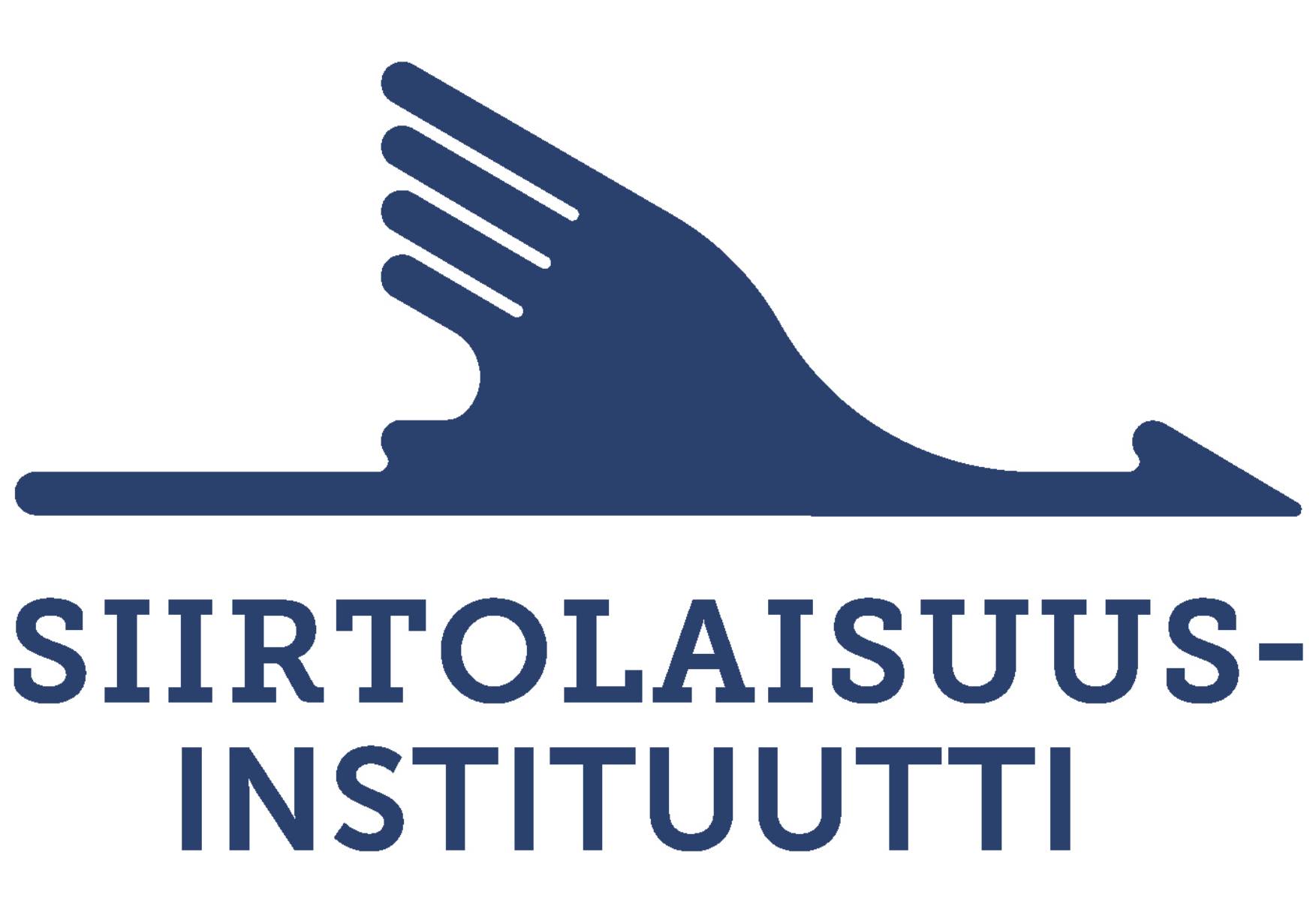Invitation
Focusing on the study of forced migration, this hybrid symposium inquires about the potential of mobilities studies, with its emphasis on movements occurring across various geographical scales, to respond to recent critical perspectives on migration scholarship.
Keynote speakers:
Professor Nick Gill, University of Exeter
Professor Magdalena Kmak, Åbo Akademi University
Professor Loren Landau, Oxford University
In recent years, migration scholarship has faced criticism “from the inside”, as several scholars have challenged some of the premises of the field of study. For instance, Dahinden (2018) has highlighted how the research field’s persistent focus on “inter-national” migration follows the “logic of the nation-state”. Indeed, migration scholars tend to implicitly prioritize movements that take place across international borders and involve crossing long geographical distances (Rogaly 2015).
However, a majority of the world’s displaced people reside within their country of origin or move only short distances (UNHCR 2019). At the same time, mobility is central to the understanding of refugeeness. The word “displacement” already contains a reference to movement, to being removed from a place (Gill et al. 2011). Displacement can be best understood as a process, not as a one-time event, that may last extended periods of time and feature different kinds of mobilities across various spatial scales. These mobilities are, in turn, constrained by “immobile moorings” and actors attempting to slow down or completely prevent movement (Sheller & Urry 2006). In the case of forced migration, there are several such moorings (such as geographical or human-built obstacles or state boundaries) and actors (individuals as well as (inter)state actors) that may enforce temporary or permanent fixity on people on the move. Thus, mobility is also a resource unequally distributed in society: people have an uneven access to mobility, and mobility creates inequalities.
We are inviting scholars to discuss how approaches of mobilities studies can enrich forced migration studies, and vice versa (cf. Gill et al. 2011).
The event comprises three keynote speeches on Thursday, May 12, free and open to all, and a workshop on Friday, May 13, for a limited number of participants. Advance registration is required for the events (see below).
The workshop on May 13 provides researchers at various career stages a venue to present and discuss their research related to forced migration and mobilities studies. The maximum number of presenters is 8. The registration is accepted on a first-come, first-served basis. We will contact the accepted presenters via email and request their presentation title and short abstract. The presenters are not required to submit a paper in advance. If you need to cancel your participation in the workshop, please email Dr. Johanna Leinonen (johanna.leinonen(at)oulu.fi) at your earliest convenience, in case the workshop fills up.
You can register for the events by filling out this form by April 28.
This is a hybrid event. You can listen to the keynote talks on Thursday, May 12, on site or via Zoom. The event takes place at the House of Science and Letters (Tieteiden talo) in Helsinki (Runeberginkatu 14-16, 3rd floor, A wing) and we warmly welcome you to join us there. If you prefer to participate via Zoom, we will send the link to the registered participants after April 21. Please indicate in the registration form whether you prefer on-site or online participation.
We hope that the participants of the workshop on Friday, May 13, will participate in person in Helsinki, but it is also possible to attend via Zoom, if needed.
The event concludes the symposium series “Rethinking (Im)Mobilities of Vulnerable Migrants” (2019-2022) and it is organized by the University of Oulu and the Migration Institute of Finland (MIF). At the University of Oulu, the organizer is the Academy of Finland project “Refugee Journeys: Narratives of Forced Mobilities” (2018–2023). At the MIF, the organizers are the Academy of Finland projects “Family Separation, Migration Status, and Everyday Security: Experiences and Strategies of Vulnerable Migrants” (2018‒2022) and “Action-Oriented Research on Asylum Seekers’ Deportability” (2018‒2022).
For more information, please contact Dr. Johanna Leinonen (johanna.leinonen(at)oulu.fi).
Program:
Thursday, May 12 (Room A300 or Zoom)
13.00 Welcome
13.15-14.15 Professor Magdalena Kmak (Åbo Akademi University): Setting Legal Research in Motion: Mobile Methodology, and Knowledge Production
14.15-14.30 Break
14.30-15.30 Professor Nick Gill (University of Exeter): Forced Migration and Mobilities: How Has the Relationship Evolved? (Via Zoom)
15.30-16.00 Coffee and tea
16.00-17.00 Professor Loren Landau (Oxford University): The Study of Temporality: Blurring the Boundaries between Mobility and Displacement Studies (Via Zoom)
Friday, May 13 (Room A310 or Zoom)
Workshop
9.30-11.00 Session 1
11.00-11.30 Coffee and tea, snacks
11.30-13.00 Session 2
References:
Dahinden, Janine (2016). A Plea for the ‘De-Migranticization’ of Research on Migration and Integration. Ethnic and Racial Studies, 39 (13), 2207-2225.
Gill, Nick, Javier Caletrío & Victoria Mason (2011). Introduction: Mobilities and Forced Migration. Mobilities, 6 (3), 301-316.
Rogaly, Ben (2015). Disrupting Migration Stories: Reading Life Histories through the Lens of Mobility and Fixity. Environment and Planning D: Society and Space, 33, 528–544.
Sheller, Mimi & John Urry (2006). The New Mobilities Paradigm. Environment and Planning A, 38, 207–226.
UNHCR (2021). Global Trends: Forced Displacement in 2020. UNHCR, https://www.unhcr.org/flagship-reports/globaltrends/.

